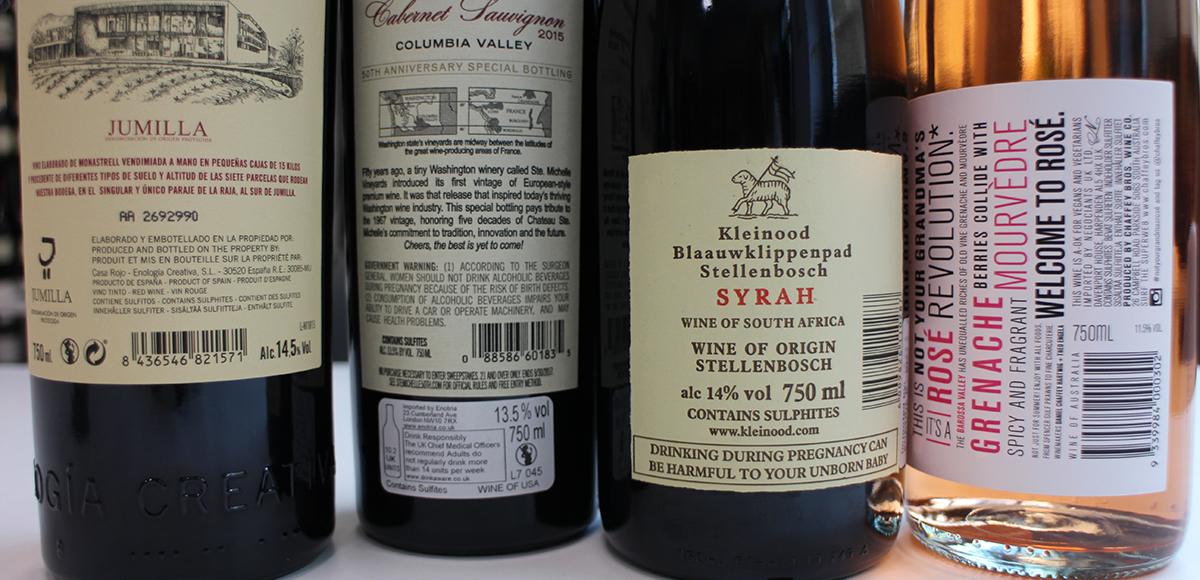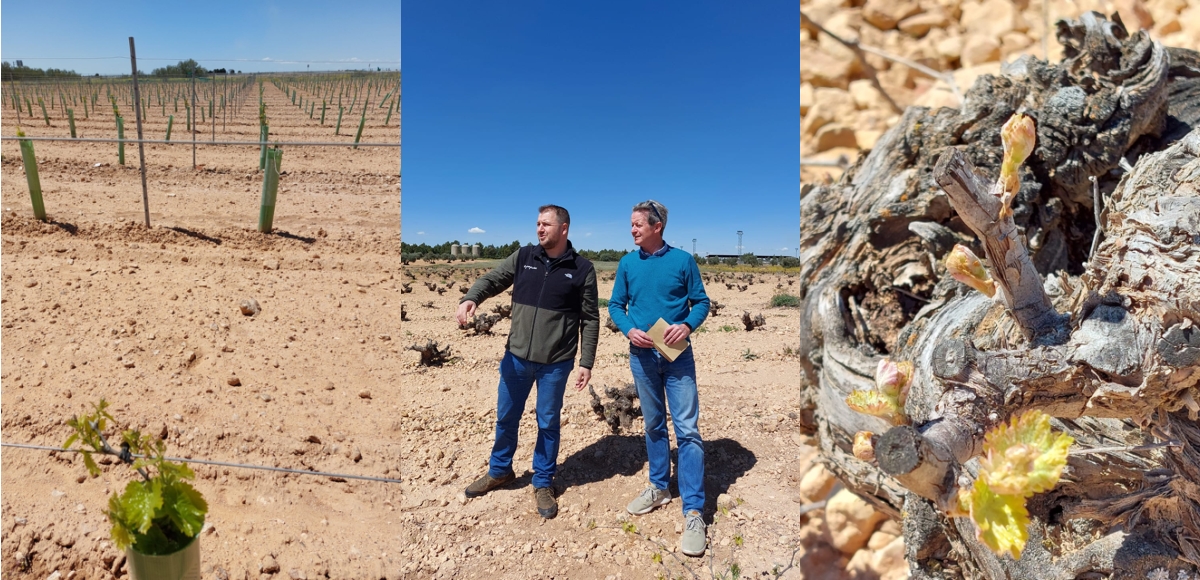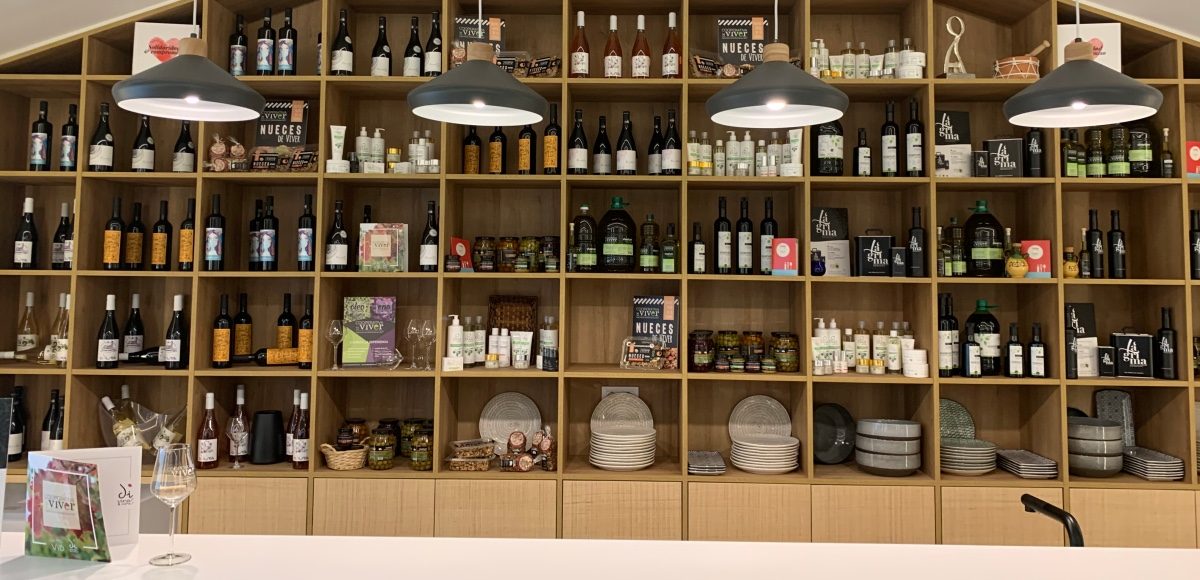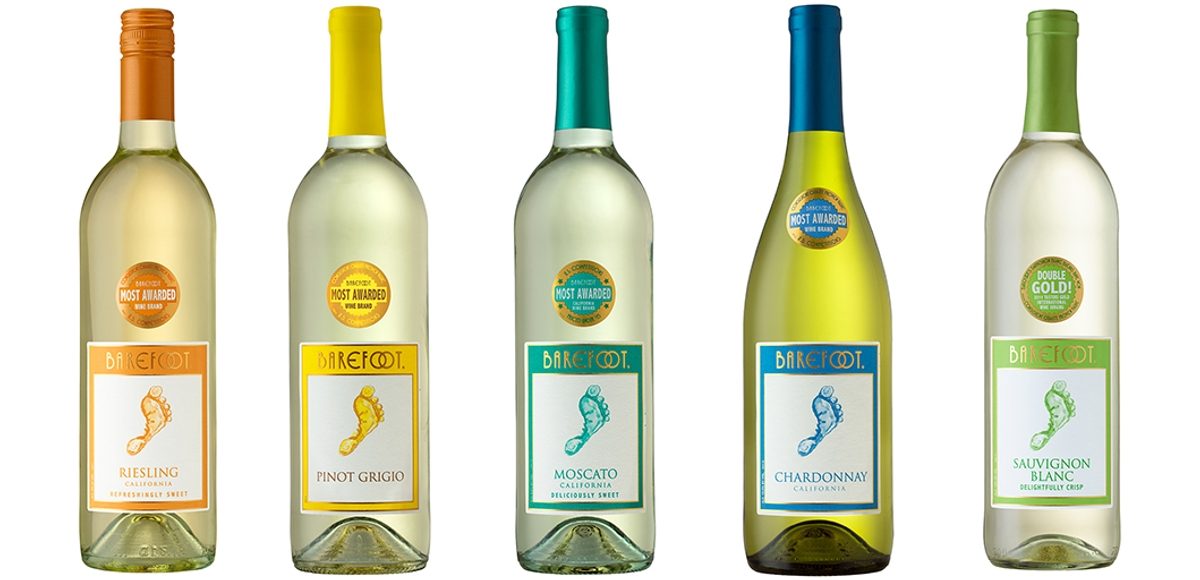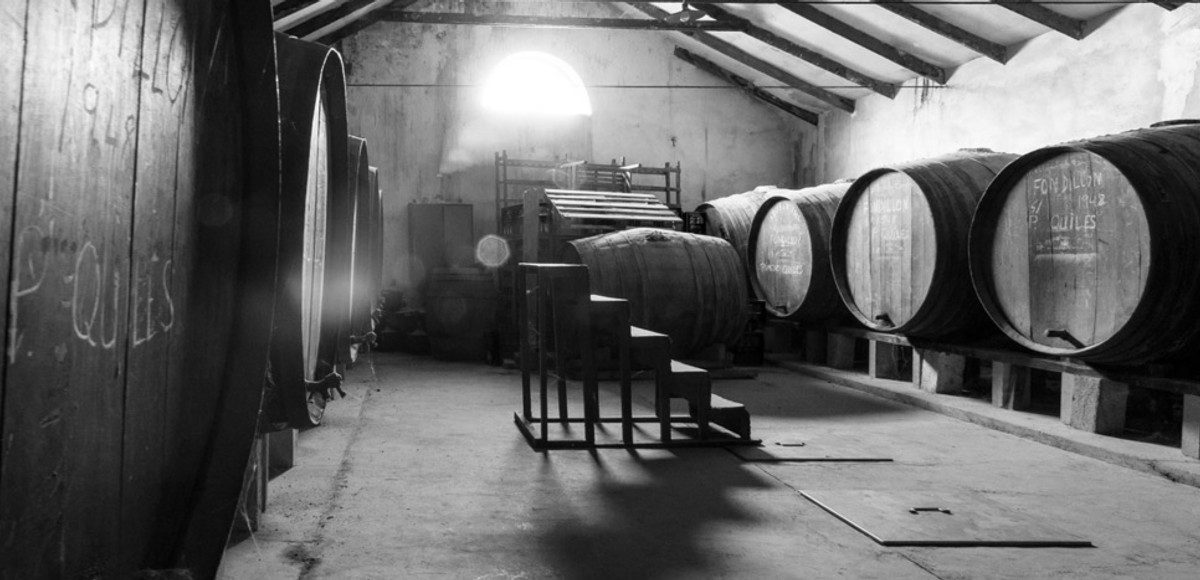If you look up ‘sulphites in wine’ on a search engine you are like to see a long list of articles that highlight the potentially harmful effects but often these headlines are misleading and it is fair to say that there is confusion surrounding the use of sulphites in wine.
The first thing to know about sulphites in wine is that they occur naturally as a by-product of fermentation, so all wines contains a small amount of sulphites. It acts to stabilise the wine as a natural preservative, alongside the tannins, acidity and alcohol to give wine a longer life and prevent it becoming oxidised, tasting sour or turning to vinegar.
It was the Romans, (you can read my recent article on Wines in Ancient Rome), who were first thought to have used sulphites to preserve wine. However, it was in the 15th century in Germany where it is first explicitly mentioned, they burnt sulphured wood chips inside the barrels used to keep the wines.
Nowadays sulphites are used in a wide range of everyday products particularly dried fruits, fruit juices, soft drinks and many pre packed foods all of which have much higher levels than in wine. However, ‘contains sulphites’, as is required by law to appear on a wine label, seems more risky than E220, the E number that refers to the presence of sulphur dioxide as a food additive.
How can we detect sulphites? Some people are sensitive to sulphites, particularly asthmatics who can suffer difficulty breathing, other reactions are coughing, throat irritation, a runny nose or a red skin rash. These reactions can happen when consuming any product with added sulphites. I read that less than 1% of people have a strong allergic reaction to sulphites. By the way, sulphites do not give you hangovers, this is myth.
The use of sulphur dioxide, known as SO2, by winemakers is much lower today than before. This is due to better winemaking techniques and improved hygiene standards in the wineries. Years ago a wine may have had as much as 500mg/l of sulphur dioxide, today the maximum permitted for a dry European wine is 150mg/l in reds and 200mg/l in whites, although most winemakers use less. Naturally sweet wines have higher levels of sulphur dioxide added as the increased risk of bacterial attack due to the higher level of sugar.
When wines are bottled the level of sulphur dioxide will be at its highest level, more so with young white wines, which are more delicate than red wines. Someone recently mentioned to me that they had had an allergic reaction to red wine and thought it was the sulphur. However, this was more likely to have caused by the histamine that occur naturally in red wines. Over time, usually a couple of months, the S02 dissipates and level is reduced.
Wines labelled as organic have less sulphur dioxide added to them, between 10mg/l and 15mg/l. You will also see organic, natural or biodynamic wines with the term ‘no sulphites added’. This can be misleading because while no sulphites were added during the winemaking process, sulphites would have used in the vineyard so these wines are not free from sulphites.
The problem for me when I am buying wines is that a wine with no sulphur added has little defence against harmful bacteria and is less likely to last a long time in bottle. Also, there is a much high probability of quality variation between bottles.
The use of sulphites in wine is an ongoing issue and it is more complex than many of the headlines suggest.






